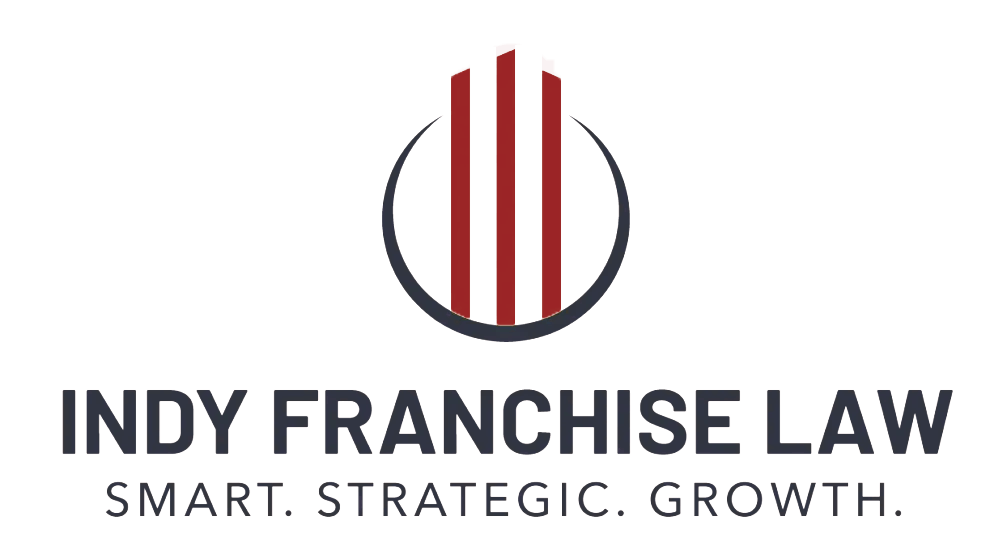Now that you have read yesterday’s blog and are on board with allowing your employees to participate in fantasy football, you may be considering proactively tackling the issue by sponsoring a company league for your small business or franchise. However, along with the benefits it can have in the workplace, there are some risks, and possible legal implications, to be aware of in relation to an employer-sponsored league.
Gambling
Whether or not paying to play fantasy sports constitutes gambling has been a topic of much debate and continues to remain an unsettled one across most of the country. Gambling laws vary from state to state, but most states prohibit, or heavily regulate, gambling and provide a similar definition of what constitutes gambling. Most state definitions require at least three elements be present to constitute gambling: consideration, chance, and gain (also known as a prize). Consideration can take on many forms, but the most common form of consideration, especially in the fantasy sports context, is money. Depending upon how the league is set up, it can arguably meet the definition of gambling. First, paying an entry fee to participate in a fantasy football league is consideration. Second, awarding the money to the winner of the league is gain. Finally, the element of chance is present because, as anyone who has played fantasy football will tell you, it is all about luck (and is the only possible explanation for me winning my league one year and ending up in last place the next, but I digress). Therefore, if an employer wants to sponsor a league for its employees, it should consider eliminating at least one of these elements from their league, such as not requiring an entry fee to participate. It is also important to review the state gambling laws to ensure the employer-sponsored league is abiding by the law. This can become an even more complicated issue when an employer has multiple locations in different states or when a franchisor wants to sponsor a league for its franchise system.
Some states have recently introduced bills to their respective legislatures that would explicitly exclude fantasy sports from the definition of gambling by recognizing it as a contest of skill and knowledge instead of a contest based on luck. However, until such legislation is passed in your state, employers should be cautious of sponsoring a league for its employees that meets its state’s definition of gambling and perhaps, opt instead for sponsoring a free league that still provides an opportunity for employees to participate in a fun activity with co-workers.
Hostile Work Environment
Another risk associated with an employer-sponsored fantasy football league is the possibility that it could lead to claims of a hostile work environment. Some employees may feel pressured to join and believe, whether mistakenly or otherwise, that their participation in the fantasy football league is mandatory or somehow linked to their perceived job performance; others may feel as if they are not welcome to join the league because of their gender or other characteristics. Also, if employees choose not to participate in the employer-sponsored league, they may feel as if they are being alienated or shunned because of their choice. All of these situations can present issues for the employer and should be addressed at the outset when the employer outlines its expectations and policies regarding the employer-sponsored league. The employer also should make it clear that the league is purely voluntary, is open to everyone, and ensure that there are no ramifications, official or otherwise, for those employees who choose not to participate.
Sponsoring a fantasy football league for the employees of your small business or franchise can provide many benefits in the workplace, such as camaraderie, company pride, and team building, but it is important to be aware of the risks involved. The risks can be minimized by an employer that takes the time to examine its state gambling laws, sets up the league in accordance with such laws, and ensures all of its employees feel welcome to participate and are not penalized if they choose not to join the league. Fantasy football in the workplace doesn’t have to be a disruptive activity and, if done correctly by the employer, can be used as a fun way to foster company and employee bonding.








